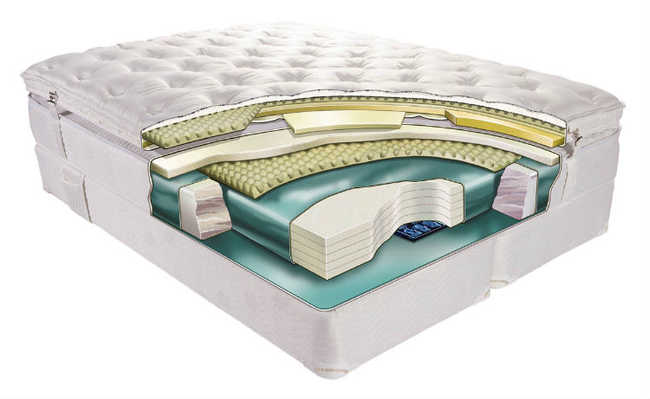How to avoid putting your hand on your face
You put your hand to your face 16 times an hour and germs love it. understand how to stop

Austin Wade edited and resized image is available on Unsplash
Germs love it when you put your hand to your face, but there are simple things you can do to break this habit.
Why stop putting your hand to your face
- Placing your hand on your face can significantly increase your risk of flu, cold, or coronavirus infection;
- Your eyes and mouth are areas where viruses can easily enter your body;
- Studies have found that people touch their face more than 16 times in an hour;
- We touch our faces so often that the chances of contaminating our hands between washings are extremely high;
- Experts say wearing gloves can help break the habit of touching your face frequently.
We all do this: put a hand to our face countless times every day. The nose itches, the eyes get tired, the mouth gets dirty, and the hands seem to be brought to these areas without our thinking twice. However, putting your hand to your face can significantly increase your risk of infection with flu or cold viruses, but especially with coronaviruses.
Your mouth and eyes are areas where viruses can get into your body more easily, and just touch them with a finger that's already infected.
Two ways to spread an infection
According to the US Centers for Disease Control and Prevention (CDC), the coronavirus, also called SARS-CoV-2, is spread from person to person, like many other respiratory infections.
This includes respiratory droplets produced when someone sneezes or breathes in air from other people's lungs, touching a virus-contaminated surface and using that hand to touch their eyes or mouth.
While we can easily avoid being around someone who is obviously ill or taking precautions against airborne viruses by wearing a mask, it's nearly impossible to avoid the virus when it's on surfaces.
You put your hand on your face all the time
Scientists who have researched this behavior have found that people constantly put their hands to their faces. In one study, in which ten individuals were observed alone in an office environment for three hours, researchers found these people put their hands to their faces 16 times an hour.
Another study, which looked at 26 medical students at a university in Australia, found that these students touched their faces. 23 times per hour. Almost half of the touches to the face involved the mouth, nose or eyes, which are the easiest ways for viruses and bacteria to enter the body.
Even medical professionals, who should know better about the risks of putting their hands on their face, touch the face an average of 19 times in two hours.
Washing hands is essential
According to a study, hand washing frequently and for 20 seconds can help prevent infections. But you also need to avoid putting your hand to your face, since you never know when you've touched a target contaminated with seriously harmful germs.
According to the CDC, effective hand washing consists of five simple steps:
- wet
- foam
- To rub
- Rinse off
- Dry
However, people put their hands to their face so often that the chances of contaminating their hands between washes are extremely high. Just touch a doorknob or similar surface and you risk infection again.
Wearing a new ring, bracelet, or other adornment can serve as a reminder to raise awareness about handwashing.
It's a habit you can break
Zachary Sikora, Hospital Clinical Psychologist Northwestern Medicine Huntley in Huntley, Illinois, offered the following tips to avoid putting your hand in your face, especially during outbreaks or epidemics:
“Be aware of your intention to keep your hands away from your face . Just a short break can help you be more aware of what you're doing with your hands,” she said.
It's also worth putting reminders like sticky notes in your home or office, so you can see them and remember you want to keep your hands away from your face .
“Keep your hands busy. If you're at home watching TV, try folding your clothes, checking the mail or holding something in your hands,” explained Sikora, adding that even a handkerchief will do, as long as you remember to keep your hand away from your face.
She also recommended using a scented hand sanitizer or scented soap to help remember to keep your hand away from your face every time you smell it.
If you are in a meeting or attending a class, interlock your fingers and place your hands in your lap. If you know you often touch your face and find it difficult to change this habit, in extreme cases such as an outbreak or pandemic, wear gloves.
During periods of outbreaks or pandemics, you can wear gloves when you are in public places and are more likely to be exposed by touching surfaces with germs. Then remove them when you reach your destination. It may be unusual, but wearing gloves at home can also help you break the habit of putting your hand to your face.










